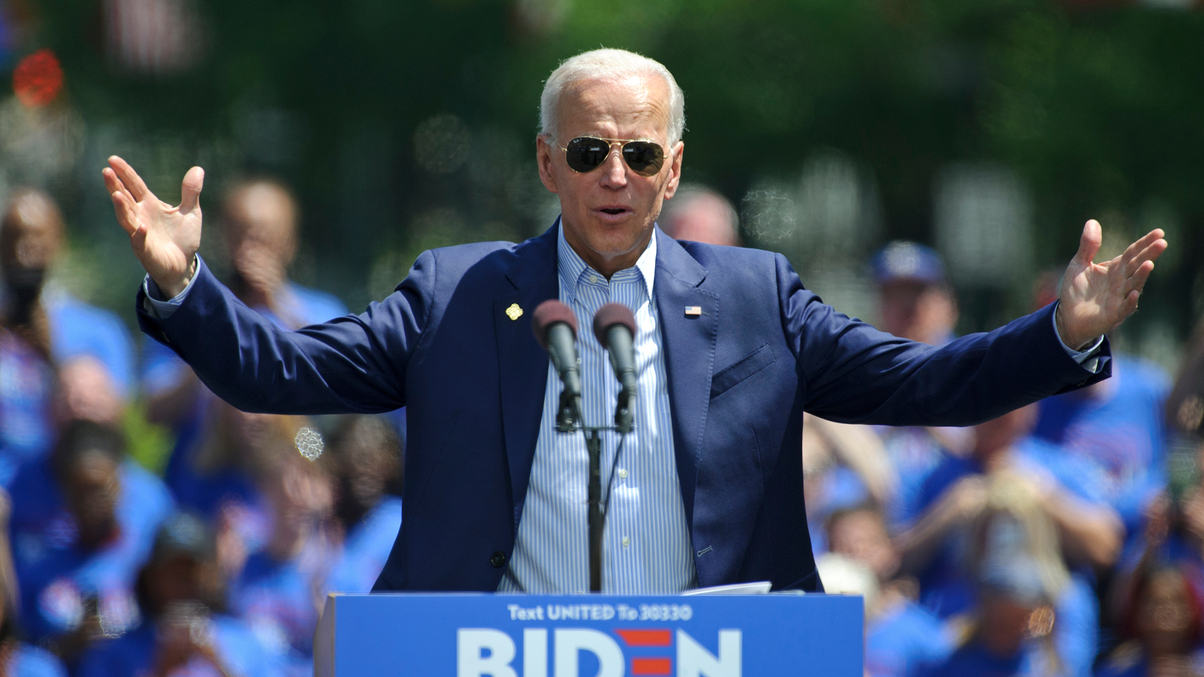Year of the Ox outlook: Will Biden benefit Apac markets?
The new US president's focus on diplomacy and multilateralism could benefit emerging market equities and it could place a broader array of pressure on China.

Which Asia Pacific countries have the most to gain, and which the most to lose, from the Biden presidency?
Sign in to read on!
Registered users get 2 free articles in 30 days.
Subscribers have full unlimited access to AsianInvestor
Not signed up? New users get 2 free articles per month, plus a 7-day unlimited free trial.
¬ Haymarket Media Limited. All rights reserved.


